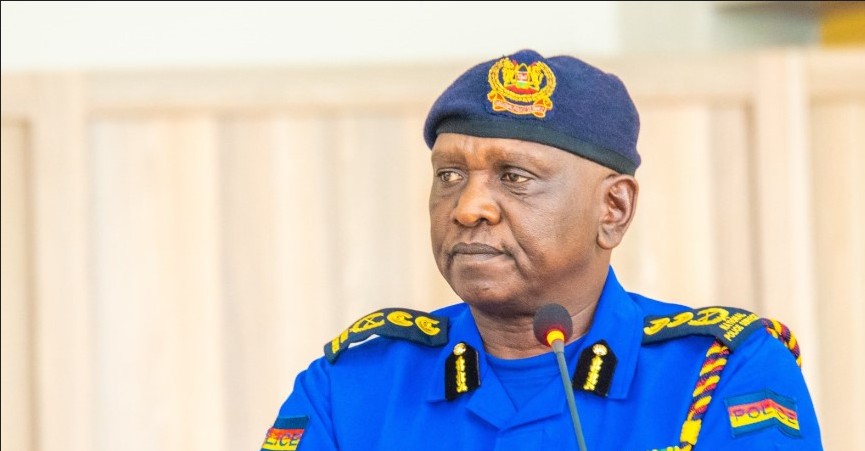Inspector General of Police Douglas Kanja has firmly rejected attempts by the National Police Service Commission (NPSC) and segments of Parliament to take control of the National Police Service (NPS) payroll, citing constitutional violations and overreach.
In a strongly worded statement, Kanja asserted that payroll administration is squarely under his mandate as the Accounting Officer of the Service. He emphasized that the payroll, being a financial document and an expenditure record, must remain under the jurisdiction of the Inspector General.
“The Inspector General of Police, as the Accounting Officer of the Service, is solely responsible for the custody, integrity, and administration of payrolls within the National Police Service,” Kanja stated.
He grounded his authority on the Public Finance Management Act (PFMA), 2012, as well as Articles 245 and 249 of the Constitution, warning that any attempt to usurp this role undermines both the rule of law and the separation of powers.
While acknowledging the NPSC’s constitutional role in human resource management under Article 246, Kanja made it clear that financial management and control over payroll do not fall within the Commission’s purview.
“It does not extend to financial or payroll management, and any attempt to assert authority over such areas lacks constitutional backing,” he said.
Kanja also cautioned Parliament against conflating oversight with administrative control. He clarified that parliamentary oversight entails scrutiny, auditing, and inquiries not micromanagement of operational functions.
The IG further warned that attempts to interfere with the payroll administration could erode the operational independence of the police service, a cornerstone of democratic governance.
“If institutions within government begin to ignore constitutional boundaries and pressure others to do the same, the consequences for governance and institutional integrity are severe,” he cautioned.
Calling for respect of constitutional mandates, Kanja urged both the NPSC and Parliament to support the Inspector General’s office in its legally assigned duties instead of imposing constraints.
This development highlights growing tension between independent constitutional offices, raising concerns about institutional autonomy and the delicate balance of power in Kenya’s governance system.

